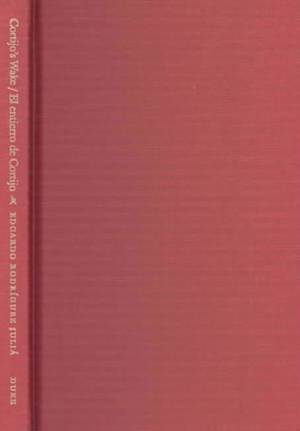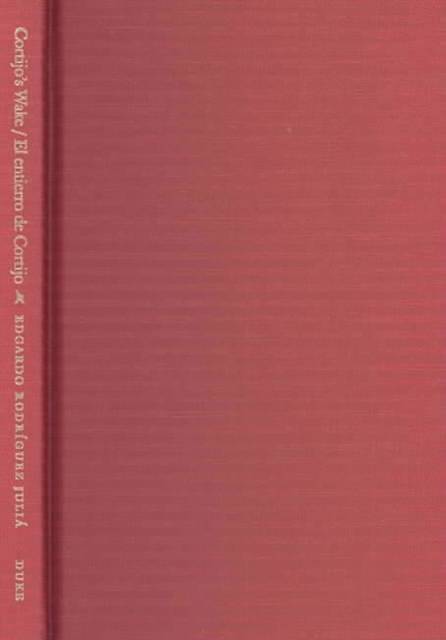
- Retrait gratuit dans votre magasin Club
- 7.000.000 titres dans notre catalogue
- Payer en toute sécurité
- Toujours un magasin près de chez vous
- Retrait gratuit dans votre magasin Club
- 7.000.000 titres dans notre catalogue
- Payer en toute sécurité
- Toujours un magasin près de chez vous
Description
Winding through the streets of working-class San Juan with Cortijo's funeral procession, Rodríguez Juliá's autobiographical chronicle provides a rare portrait of the impoverished society from which Cortijo's music emerged. Along with detailed renderings of grief-stricken mourners--including Cortijo's childhood friend and fellow musician, the celebrated singer Ismael ("Maelo") Rivera--Rodríguez Juliá records his feelings as he, a light-skinned, middle-class writer, confronts the world of poor black Puerto Ricans. The author's masterful shifting of linguistic registers, his acute sensitivity to Puerto Rican social codes, his broad knowledge of popular music, and his sardonic ruminations on death and immortality make this one of the most widely read books of modern Puerto Rican literature. Well-known critic and cultural historian Juan Flores has provided a scrupulous translation of Rodríguez Juliá's text and an introduction situating the book in relation to Puerto Rican music and culture and the careers of Cortijo and Rodríguez Juliá.
Spécifications
Parties prenantes
- Auteur(s) :
- Editeur:
Contenu
- Nombre de pages :
- 152
- Langue:
- Anglais
Caractéristiques
- EAN:
- 9780822332039
- Date de parution :
- 30-12-03
- Format:
- Livre relié
- Format numérique:
- Genaaid
- Dimensions :
- 140 mm x 227 mm
- Poids :
- 335 g







